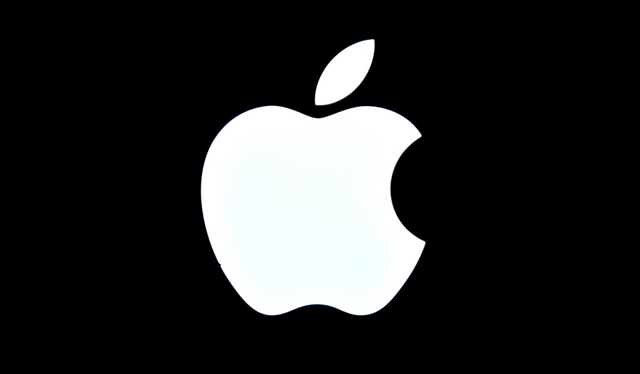Windows Users are Encouraged to Uninstall Apple QuickTime
April 22, 2016
Apple has decided it will no longer support or update its QuickTime software for Windows PCs. The company recently posted instructions online for uninstalling the popular multimedia player. Windows PC users should note that keeping QuickTime on their computers could pose a risk since there will be no more security updates (two new security holes were discovered by researchers at Trend Micro just last week). Apple offers an alternative to QuickTime via iTunes for playing back video and audio files. Additionally, Microsoft has its own media player.
Trend Micro’s Christopher Budd said Apple used the word ‘deprecating,’ a developer’s term to describe software still available that should not be used.
According to the Department of Homeland Security’s U.S. Computer Emergency Readiness Team, which has called on Windows users to uninstall QuickTime: “Exploitation of QuickTime for Windows vulnerabilities could allow remote attackers to take control of affected systems.”
“These two vulnerabilities are considered ‘remote code execution’ vulnerabilities, which means a miscreant could get the victim to click on a link or visit a website, and remotely hack into the computer without ever physically being in front of the computer,” explained Dodi Glenn, VP of cyber security at PC Pitstop (as reported by Forbes). “While we have yet to see these vulnerabilities being used in the ‘wild’, our experience tells us that it won’t be long before they are bundled in the majority of exploit kits being sold on the underground marketplace.”
“If you’re one of those still running QuickTime 7 on a Windows PC, Apple has an alternative in iTunes, which can play back all the same video and audio files QuickTime does,” reports The Wall Street Journal. “Microsoft has its own media players built into Windows as well. And there are third-party options like VLC.”
Mac users should not be concerned, since Apple switched from QuickTime 7 to a rebooted QuickTime X for its own computers in 2009. Budd says the recently discovered security holes do not exist in QuickTime X for Macs.
Meanwhile, Adobe is working on adjustments, since some of its software — including After Effects, which relies on QuickTime — is also affected.
“Adobe has worked extensively on removing dependencies on QuickTime in its professional video, audio and digital imaging applications,” notes the Adobe Customer Care Team. “Unfortunately, there are some codecs which remain dependent on QuickTime being installed on Windows, most notably Apple ProRes.”
“Other commonly used QuickTime formats which would be affected by the uninstallation of QuickTime include Animation (import and export), DNxHD/HR (export) as would workflows where growing QuickTime files are being used (although we strongly advise using MXF for this wherever possible).”
For more details on QuickTime 7, including instructions for uninstalling QuickTime for Windows, visit the Apple site.


No Comments Yet
You can be the first to comment!
Sorry, comments for this entry are closed at this time.